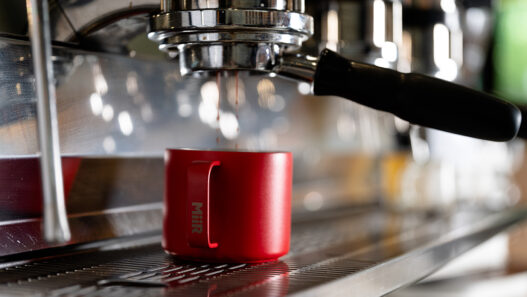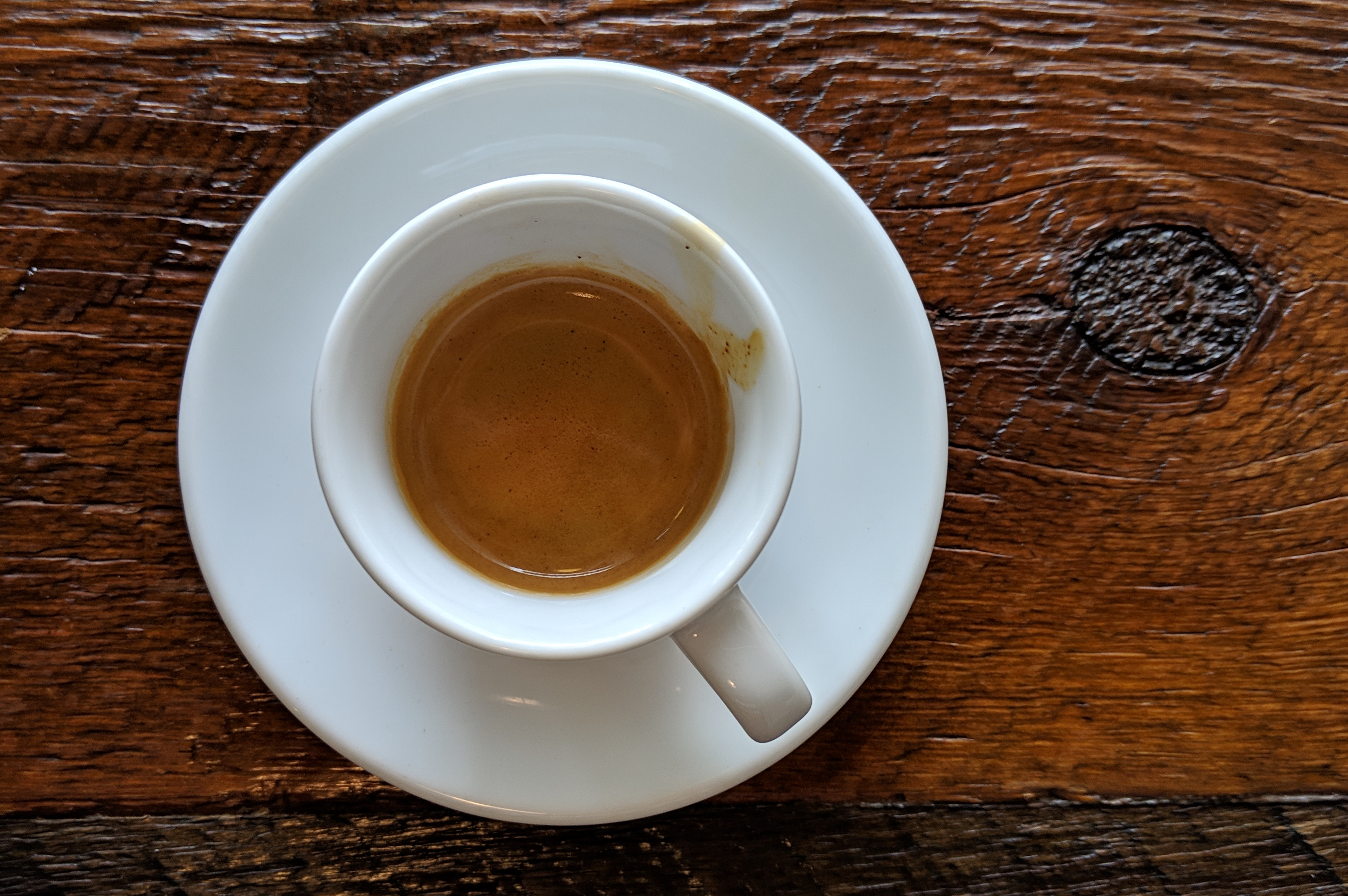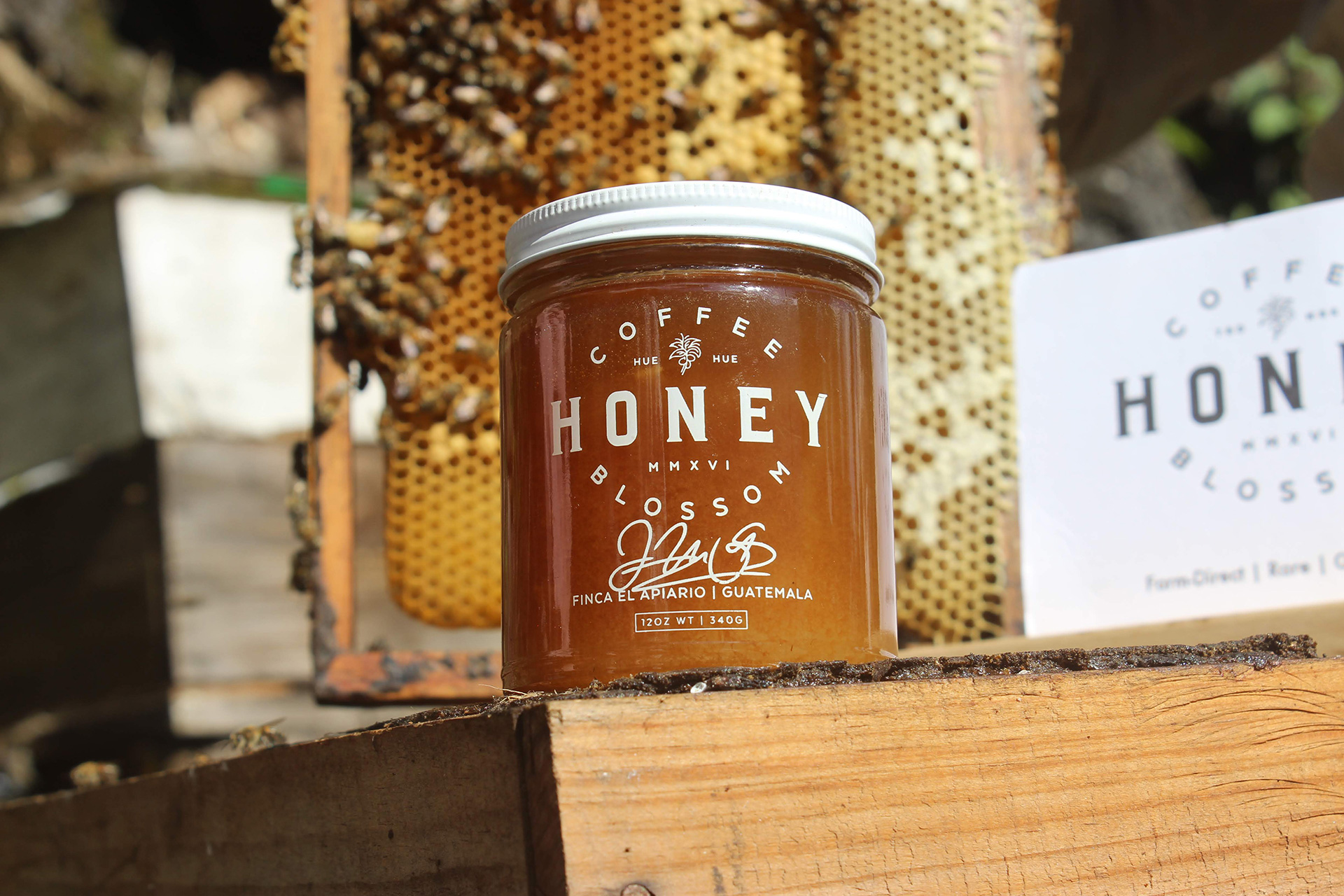The very fabric of Italian life is under siege. There’s a battle over espresso, the beverage many Italians sustain their day with, and the cost is grave—roughly €.50. And people are none too happy about it.
As reported by the Independent, the cost of an espresso in Italy has traditionally hovered around €1, but rose to €1.10 in many cafes last year. And in 2022, some experts are saying the cost could potentially rise further, to the €1.50 mark. The inflation is due, in part, to the pandemic, which has also affected the “day to day prices” of things like “household utility bills and groceries.” And as we have reported on regularly over the past year, climate change is also playing a significant factor.
The rising cost of espresso is the downstream effect of higher coffee prices on the commodities market, both for Arabica and Robusta coffees. Frosts, droughts, floods, and unpredictable weather patterns caused by climate change have hamstrung production in major producing countries like Brazil and Vietnam. And now consumers are beginning to feel the squeeze.
“Every day 5.5 million Italians have breakfast in bars throughout the territory, an essential appointment whether it is a quick coffee at the counter or a pastry consumed sitting at the table. A habit that, unfortunately, is becoming more and more expensive,” said [Furio] Truzzi, [leader of the Italian consumer rights group Assoutenti].
Truzi goes on to state that higher prices are “transforming a daily ritual into a luxury for the rich.” One Italian Twitter user described coffee as “not a luxury, it’s a right” and that it “should be free.”
Admittedly, I’m a bit torn on the issue. On one hand, a country-wide tradition of drinking espresso constantly from dawn to dusk—and the generations of technical innovation it has helped foster—makes for a treasured living cultural trust, the sort of thing UNESCO recognizes. But on the other, €1 is too damn cheap, for the coffee farmers and service workers and everyone else in-between. Unless the Italian government is willing to step up and subsidize this particular facet of public life, like the Danes did with organic food, I’m not sure the one euro espresso tradition is going to last through the 21st century.
Perhaps there is a middle ground, where producers can be paid fairly for their work and a beautiful tradition doesn’t wind up being priced into the realm of unaffordable luxury. If anyone can stand together at the bar and figure it out over un cafe, it’s Italy.
Zac Cadwalader is the managing editor at Sprudge Media Network and a staff writer based in Dallas. Read more Zac Cadwalader on Sprudge.

























